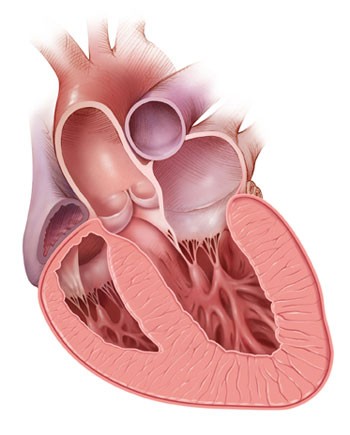Causes and Risk Factors
What are the causes and risk factors of heart failure?
Coronary Artery Disease and Heart Attack
Your heart muscle has its own blood vessels, called coronary arteries, that carry oxygen-rich blood to the heart walls. What happens when a clogged vessel interrupts blood flow to the heart muscle?
- A heart attack occurs when a portion of the muscle is permanently damaged.
- Not enough oxygen-rich blood flows to the heart tissues.
The severity of a heart attack depends on how much heart muscle is damaged and how long the muscle went without oxygen. If you have had a heart attack, you are five times as likely to develop heart failure.1
High Blood Pressure
High blood pressure has two primary results:
- Higher pressure in the vessels due to narrow blood vessels
- A heart that must work harder as it pumps against this higher pressure
Your body can tolerate high blood pressure for a while, but over time it can cause:
- An enlarged heart
- Thickening of the heart muscle
If you have high blood pressure, you are twice as likely to develop heart failure.1
Valvular Disease
The heart valves control the flow of blood leaving the heart. Sometimes the valves are abnormal:
- A narrowing of the valves causes a backup of blood.
- Improper closing of the valves allows blood to leak back into the heart.
Over time, this inefficient blood flow causes physical changes in the heart's size and shape.
Enlarged Heart

Other Concerns
Two other factors may contribute to heart failure:
- Diabetes. Diabetes is linked to obesity, high blood pressure, and coronary artery disease. These conditions also can contribute to heart failure.
- Alcohol abuse. Too much alcohol can damage the heart muscle and lead to high blood pressure, which is also a risk factor for heart failure.











